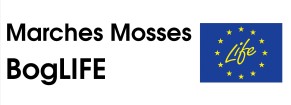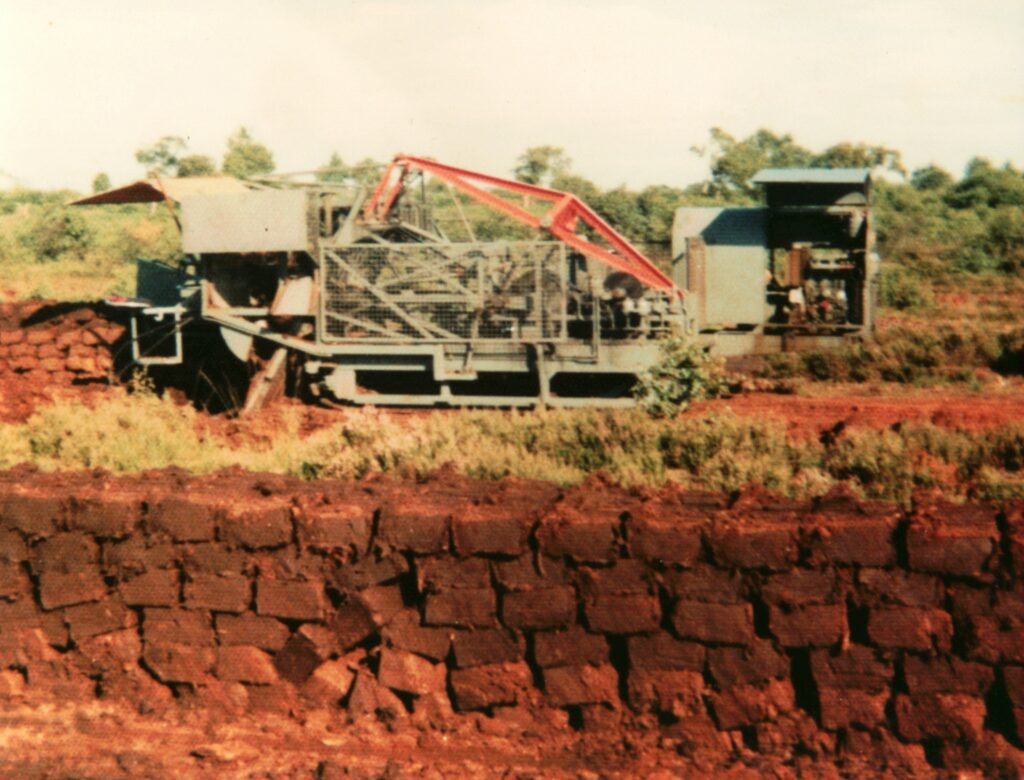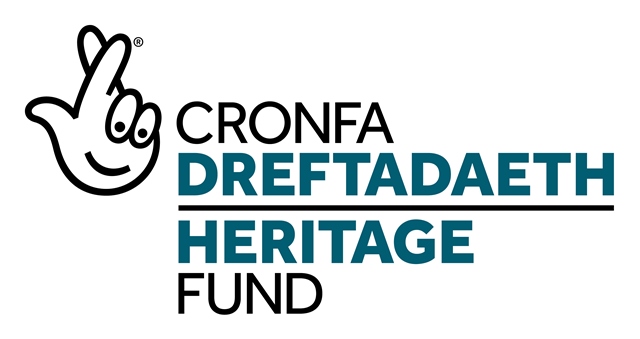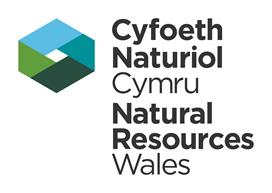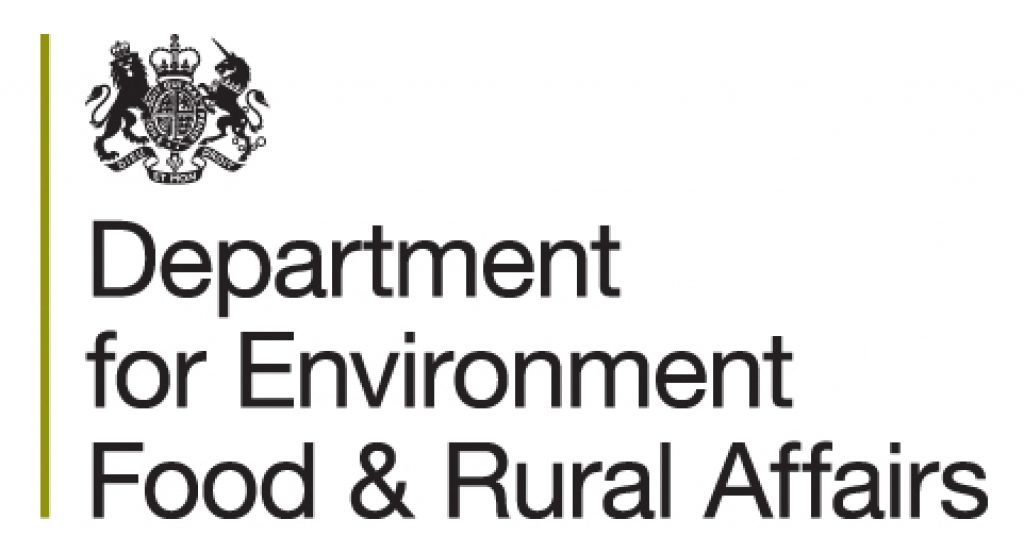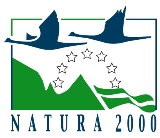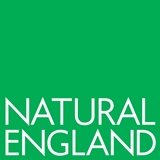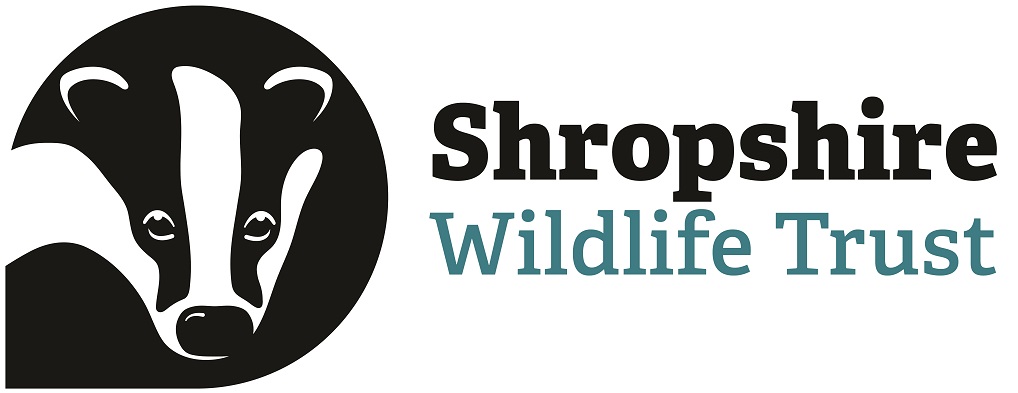Wildlife Trusts urge peat-free gardening
April 6, 2021
Note: Please be aware that links on this page take you to third party websites.
The Wildlife Trusts are asking people to show the Government that they care about protecting peatlands. They have launched a petition and urge everyone to check information on compost packaging to ensure that garden purchases are free of peat.
Peatlands are priceless. They take millennia to develop, storing millions of tonnes of carbon in the process. The commercial cutting of peatbogs not only destroys vital wildlife habitat, it also impacts their ability to hold carbon which would otherwise be released into the atmosphere as CO2, speeding up the process of climate change.
Fortunately, the peatlands of north Shropshire are no longer cut commercially and have been free from cutting for 30 years. The Marches Mosses make up the third largest area of lowland raised peatbog in the UK; there are larger sites, which hold even more carbon, but continue to be cut extensively.
Historically, peat was cut and dried for people to use in their fires, to heat their homes and to cook food. In modern times of central heating and electricity, the demand for peat has shifted to the world of horticulture. Peat-based compost comes directly from the declining peat bogs of the planet, but there are alternatives out there.
The Wildlife Trusts also encourage some of the UK’s largest retailers of gardening products to end the sales of peat-based compost this year, or risk being directly responsible for the irreversible damage of one of our most sensitive and declining ecosystems. To force the end of peat use in retail, consumers needs to stop using peat- based compost. By going peat-free, we can reduce the demand for peat-based products and make the alternatives more commercially viable options.
